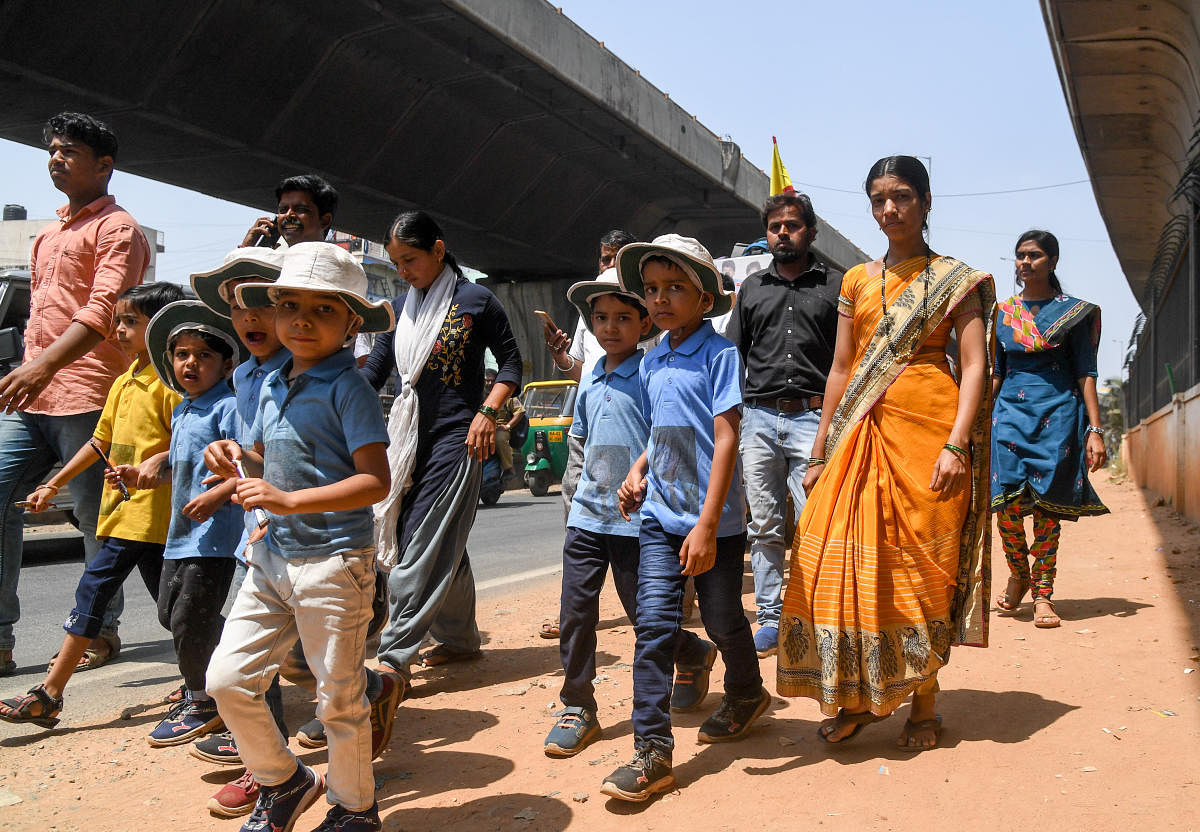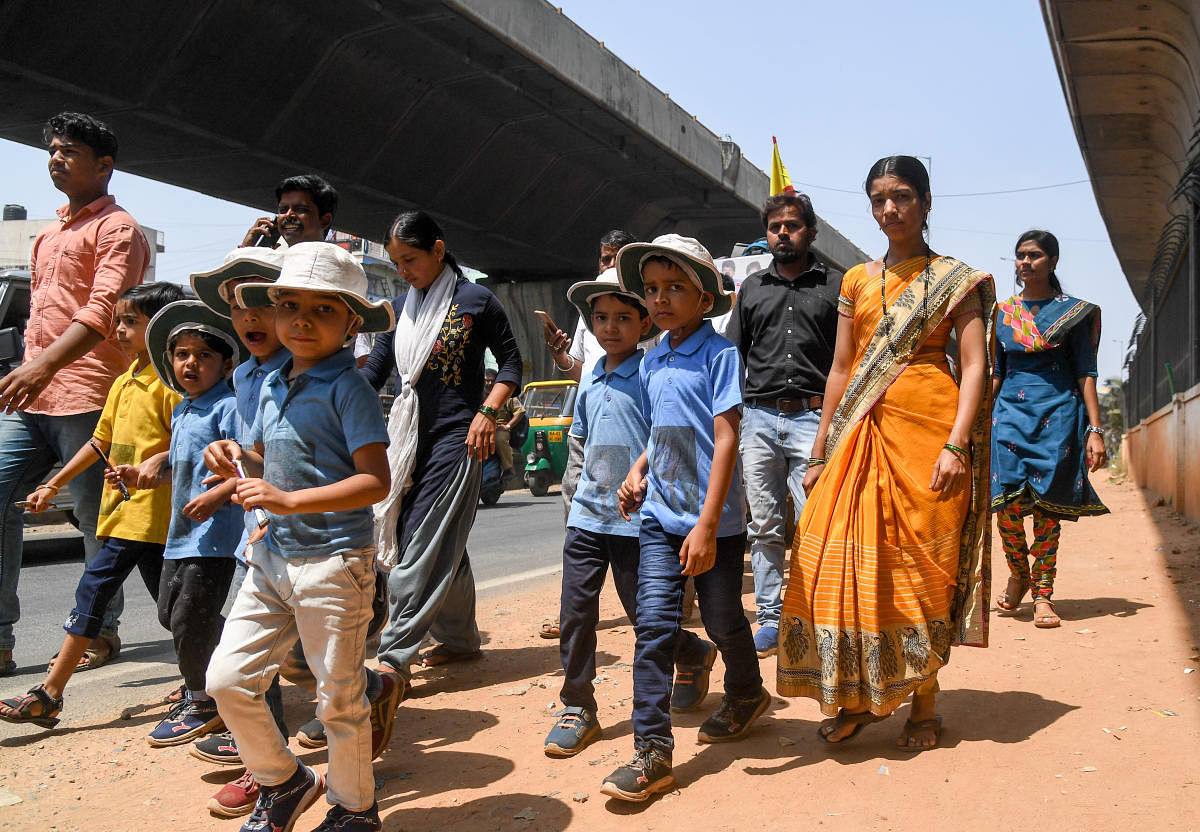
Education is one among the sectors most impacted by the Covid pandemic and school closures have particularly caused damage that is difficult to repair. In the case of older children and those who go to colleges and universities, many may have missed classes, courses or opportunities but a large number of them had the option of online learning. But for small children, there was a double whammy. They not only missed their classes and lessons for two years when the schools remained closed but also would have forgotten much of what they had learned. So the learning gap for them is much more than what the older children lost in two years. As the schools have reopened, this is a major challenge that needs to be addressed. In their case, the classes cannot start from where they stopped. The foundational skills that many of them lost need to be regained and children need to be helped with this.
The learning impairment in the small classes has not been sufficiently studied though children are returning to classrooms. In this respect, the government’s plan to conduct a foundational learning survey for Class 3 students across the country to determine the level of learning loss is welcome. The survey will be conducted by specially trained staff in 22 languages at the end of March. It will test the numeracy and literacy levels and skills of students through interactive face to face contacts. The Pratham Foundation’s annual reports have in the past pointed out the deficiencies in learning but during the pandemic years, only limited surveys were possible in Karnataka, Chattisgarh and West Bengal. These revealed high levels of learning gaps. The New Education Policy had also pointed out in 2020 that five crore students in the primary schools lacked basic reading, writing and other skills. The deficiencies would only have become more acute now.
The foundational survey should help address these deficiencies. But mere information will not be enough to solve the issue. Solutions will have to be found and implemented within a time frame so that children do not get behind and their development is not stated. There should be innovative practices to deal with the unique and unprecedented problem and a single solution may not fit all situations. The question is whether the school system is flexible enough to adapt and implement them. More financial and other resources will also be needed. But the government has actually slashed the allocation for teachers’ training in the Union budget. The report should not meet the usual fate of such reports. Unless effective action on the basis of its findings is not taken, a large number of students may suffer long-term impairment.
